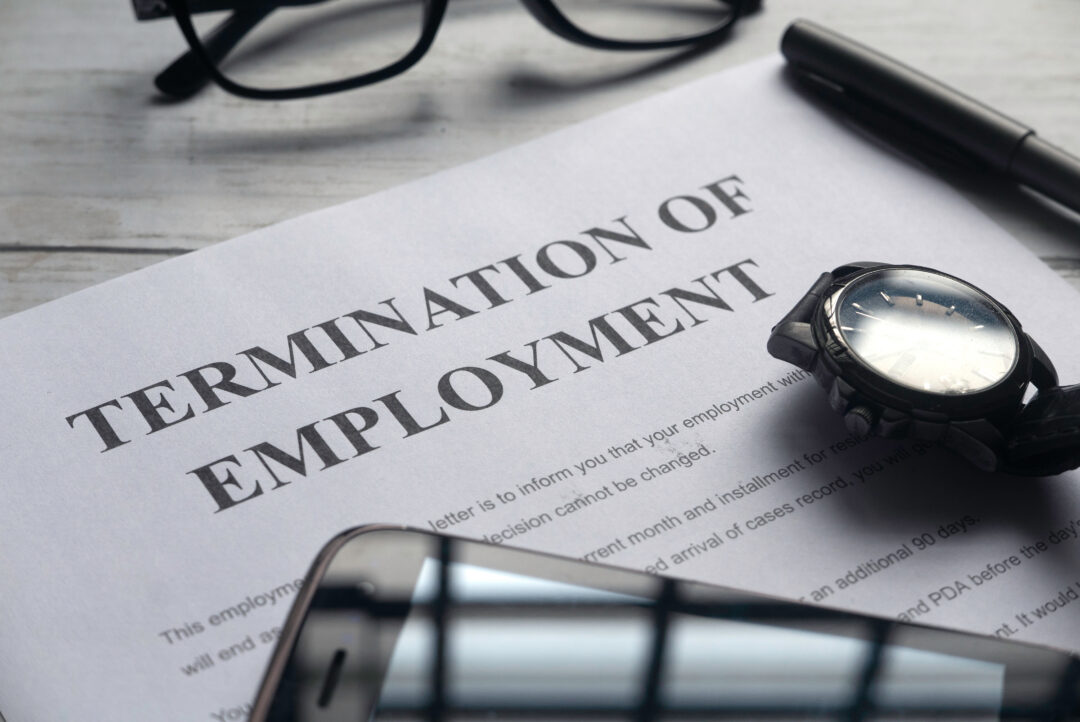- 02 Nov 2023
- •
- 2 min read
Employment Alert - Changes to disclosure periods for criminal convictions

What’s happening?
New legislation came into force on 28 October 2023 which has reduced the period of time during which individuals are required to disclose past criminal convictions to potential employers – the “rehabilitation period”.
Why is this important?
Employers should only carry out DBS checks – which provide details of an individual’s criminal convictions – for certain roles. Therefore, employers will often only become aware of a prospective employee’s criminal convictions if the individual discloses them.
Prospective employees are under a legal obligation to disclose any unspent convictions during the rehabilitation period. The length of the rehabilitation period depends on the length of the sentence. Once an individual’s criminal conviction has become “spent” – i.e. at the end of the rehabilitation period – they are no longer required to disclose the conviction.
This reduction to the rehabilitation periods means that employers will no longer be informed of those criminal convictions that would have been “unspent” under the previous rules, but which would now be “spent”.
The rehabilitation periods that now apply to adults are as follows:
| Sentence | Rehabilitation Period (after the sentence is served) |
| (Adult) Community Order/Youth Rehabilitation Order | The last day on which the order has effect |
| Custody of 1 year or less | 1 year |
| Custody of more than 1 year and up to 4 years | 4 years |
| Custody of more than 4 years (excluding serious sexual, violent, or terrorist offences – which never become spent) | 7 years |
If an individual reoffends during the rehabilitation period, they must disclose both the original and subsequent offences to employers for the longer rehabilitation period.
What should you do?
Stay Informed: Familiarise yourself with the revised rehabilitation periods for different custodial sentences and understand how these changes affect your recruitment processes.
Review Policies and Practices: Update your company policies and procedures regarding the recruitment and employment of individuals with criminal records to align with the amended legislation.
Seek Legal Advice: Consider seeking legal advice to ensure compliance with the new rules when dealing with applicants who you know or suspect have criminal convictions.
If you would like to talk to our expert Employment team, please please call us on 0800 2800 421 or contact us using the form below.





